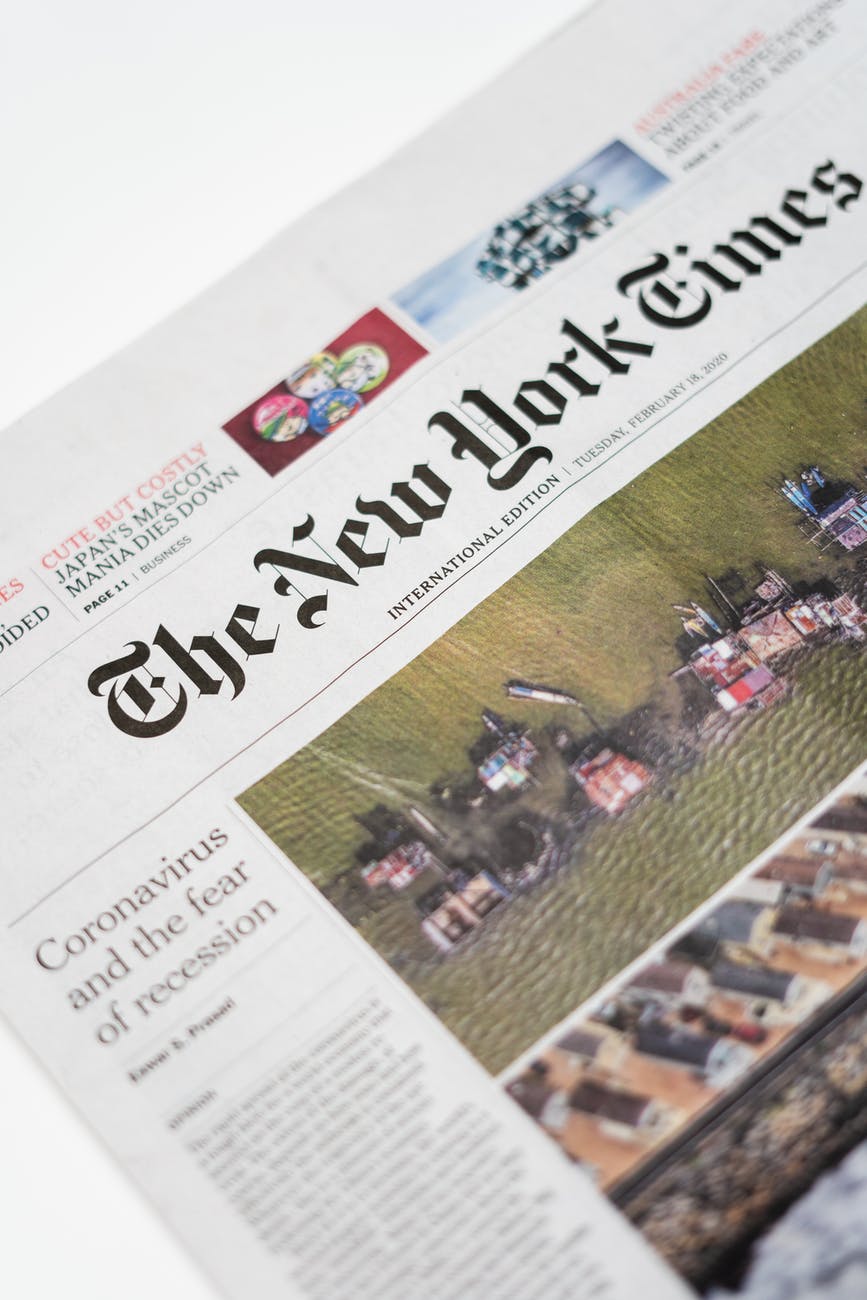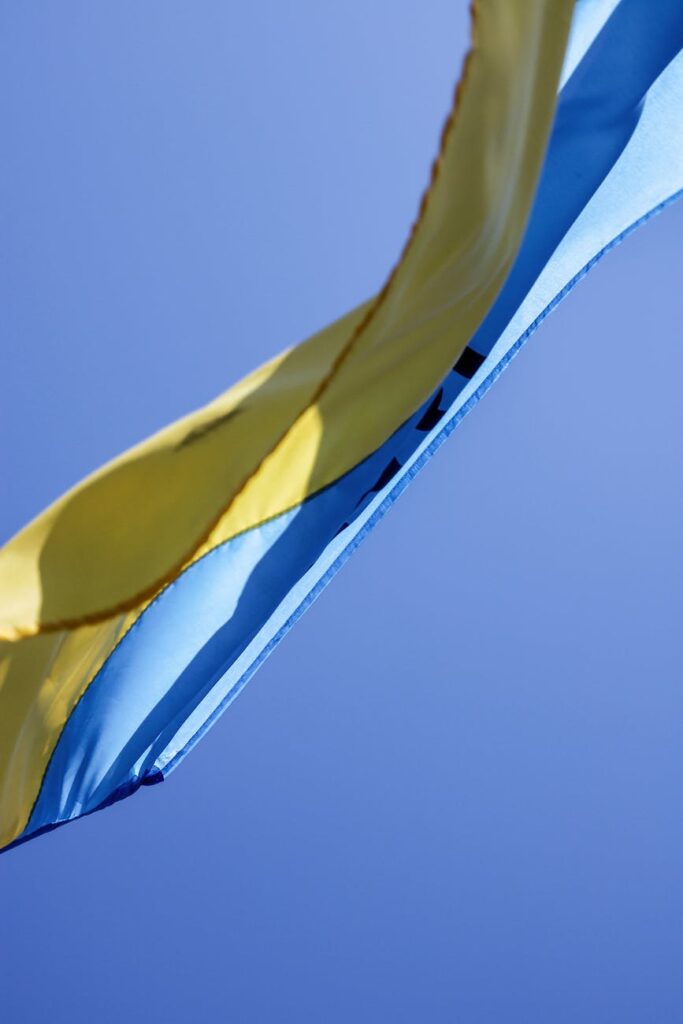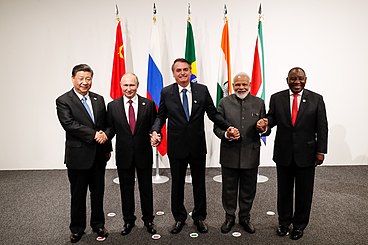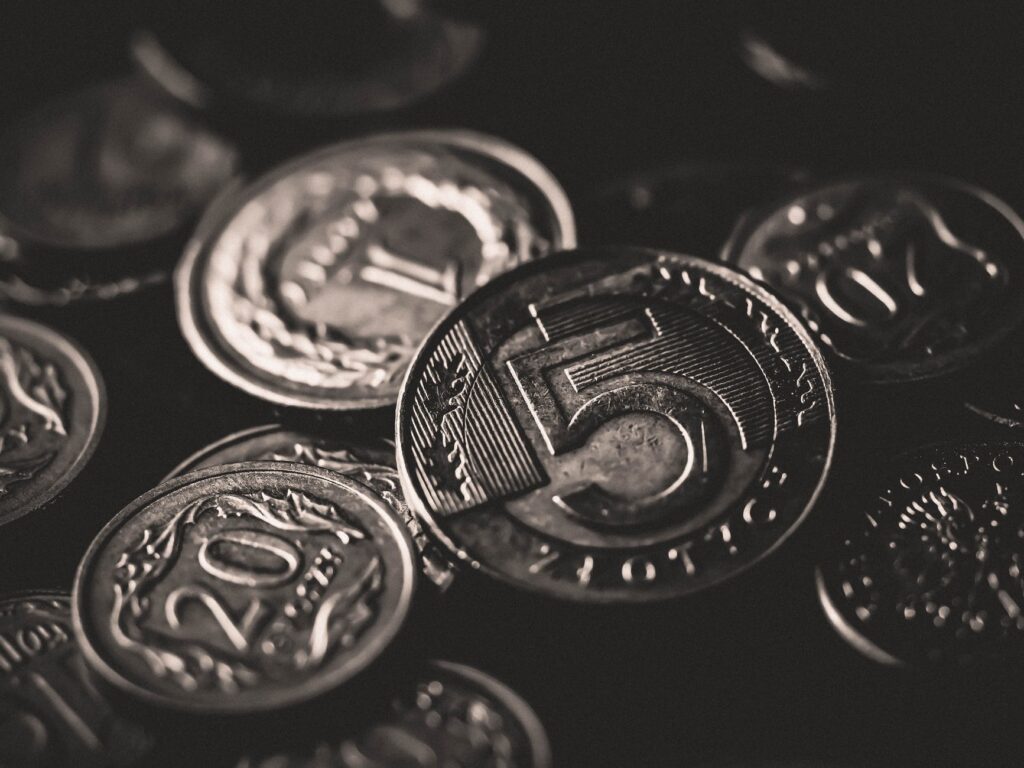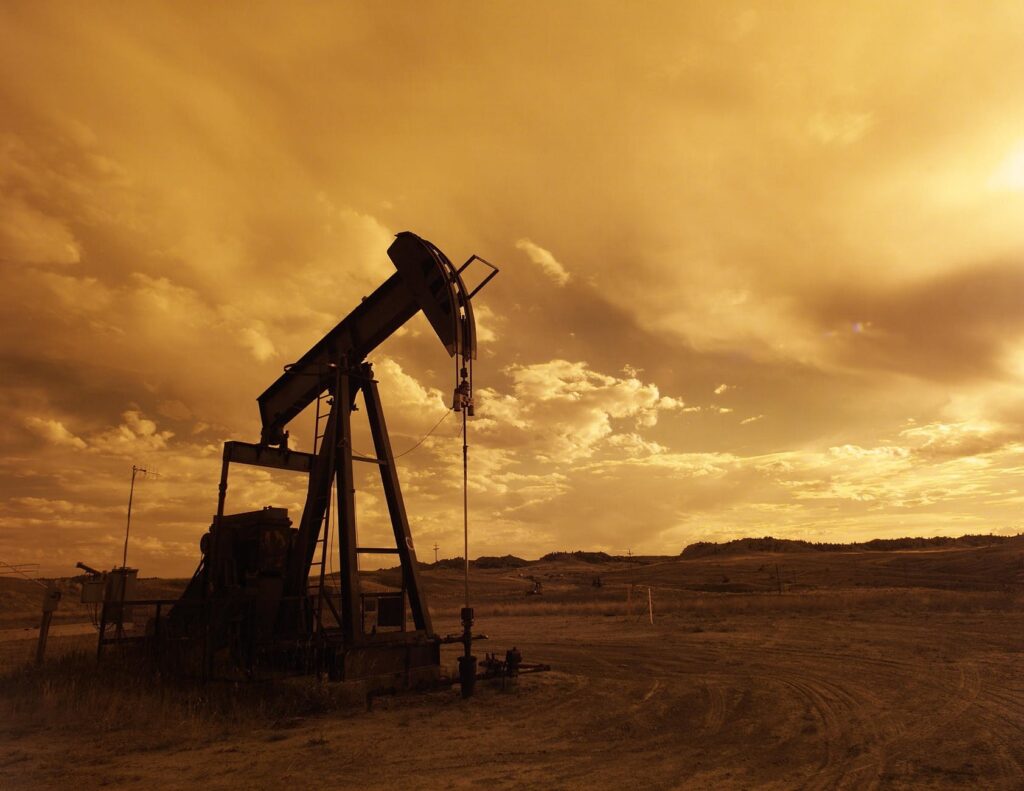
The Bell, 5/22/22
Hello! This week our top story is on what recently released financial data reveals about Russia’s rapidly growing dependency on oil, as well as a collapse in VAT revenue and how China is coming to Moscow’s rescue. We also look at the new owner of McDonald’s in Russia after the U.S. fast food chain decided to leave the country.
Data exposes VAT collapse, oil dependency and rising military spending
It’s not easy to assess the effect of the “special military operation” in Ukraine on the Russian economy. But one thing is clear: Russia is more dependent than ever on revenue from oil exports. This was starkly visible in April’s budget figures: oil and gas revenues increased, while everything else fell sharply. Judging by the latest data on Chinese purchases of Russian oil, this is a trend that is likely to continue – but there are limits to the rewards of Russia’s much-vaunted “pivot to the East”.
What’s happening?
The Finance Ministry’s budget data (the stats for April were published on May 17) offer a window on to how the Russian economy has been affected by the fighting in Ukraine:
Revenues from non-oil and gas sources (VAT, personal income tax, etc) in April fell 18 percent year-on-year to 1.01 trillion rubles ($17 billion)
Oil and gas export revenue, however, continued to rise despite Western sanctions. Amid high oil prices, oil and gas revenues were 1.8 trillion rubles in April compared with 1.2 trillion the month before.
Russia is increasingly financially dependent on revenues from energy exports. When compared with April 2021, the share of oil and gas in state revenue has doubled. The share was 63 percent in April and 48 percent for the first four months of 2022. Last year, the share was equivalent to 36 percent of Russian revenue, and in 2020 it was 28 percent.
However, not even record oil profits could keep the budget in surplus. The budget saw its first monthly deficit of 2022 in April – 262.3 billion rubles. Finance Minister Anton Siluanov has estimated there will be a deficit of 1.6 trillion rubles this year.
Collapse in VAT
One of the most striking details in the Finance Ministry figures (excluding a rise in military expenditure) was the collapse of VAT revenue. Together with the mineral extraction tax, it’s one of the two main tax contributors to Russia’s coffers, accounting for about a third of total revenues.
In April 2022, domestic VAT raised just 192 billion rubles – that’s less than half the equivalent figure from April 2021. VAT fees on imported goods in April 2022 were down about a third.
Domestic VAT payments have been impacted by the contraction in purchasing power that began in March, and the mass exodus of foreign businesses. “In April, the revenues of the overwhelming majority of companies in Russia took a hit. This didn’t merely affect those who ceased operations in Russia, but also those who continued to work but lost clients and profits,” said Andrei Grachev, head of tax practice at Birch Legal.
The fall in VAT fees on imported goods is due to a combination of fewer imports and the strengthening of the ruble, a Finance Ministry representative told The Bell.
Last week The Economist compiled trade statistics for Russia and eight of its biggest partners (the largest EU countries, China, Japan, U.S. and South Korea). These account for almost 60 percent of Russian imports and more than 40 percent of its exports. The data showed the value of Russian imports fell 44 percent, while exports increased by 8 percent.
Rising military expenses
Expenditure on “national defense” increased almost 130 percent last month to 630 billion. This includes the cost of the armed forces, mobilization, training, nuclear weapons and more. In April, Russia was spending 21 billion rubles a day on its military needs.
However, Russia’s true military expenditure is always higher than the official figures because it does not include funding for “peaceful items” like vehicles and defense industry subsidies.
China will help – at a price
Russia’s growing dependency on energy export revenues looks even more precarious as the European Union moves toward an embargo on Russian oil. If the EU does finally reach a deal on an embargo, Russia will become increasingly dependent on Chinese buyers – who understand the situation perfectly and are already dictating terms.
Since the start of the fighting in Ukraine, major Chinese companies have been cautious about purchasing Russian oil, preferring not to sign new contracts. All the growth in Russian sales to China came from small Chinese oil refineries – not big state companies. But this week brought several indications that China is ramping up its purchases of Russian oil.
Reuters last week wrote about “quiet” but record-breaking increases in Russian oil sales to Chinese companies. China is set to import an average of 1.1 million barrels per day of Russian seaborne oil in May (compared with 750,000 barrels per day in April and a daily average of 800,000 through 2021).
The leading customers are not small refineries but major Chinese state corporations — Unipec and Zhenhua Oil, a unit of China’s defense conglomerate Norinco.
Chinese imports began to rise in April, Bloomberg reported. And China is not only interested in oil. According to Chinese customs statistics, April saw purchases of Russian oil, LPG and coal increase by 75 percent to $6.4 billion.
China is also considering buying cheap Russian oil for its strategic reserves, according to Bloomberg. Officials are apparently discussing this issue – with little involvement from the oil companies. China does not disclose the size of its reserves, but Bloomberg estimated it has space for about 60 million barrels.
However, Chinese companies may not be willing to risk secondary sanctions from the U.S. forever. And, even now, Russia is being forced into big discounts. According to Reuters, “Chinese” spot prices for a barrel of Urals crude are currently less than $70 — significantly cheaper than the price at which Russian oil is being sold in Europe.
Why the world should care: Even if the EU oil embargo never happens, it’s clear Europe is planning to move away from Russian oil. And that means Russia finds itself in an awkward position: dependent on oil and gas revenues from a single customer that is not shy about exploiting its position.
A new owner for Russian McDonald’s
The new owner of McDonald’s – after the U.S. fast food company departed the Russian market amid the “special military operation” – is a Siberian businessman, Alexander Govor. The former co-owner of coal mining company Yuzhkuzbassugol, Govor was forced to sell-up in the mid-2000s after two accidents killed 148 miners. Now, Govor owns an oil refinery in his native Kemerovo region and his son, who has worked for his father’s other businesses for many years, is a deputy in the local parliament from the ruling United Russia party.
- McDonald’s announced its exit from Russia on Monday, confirming speculation that it would sell its 850 restaurants (which employ 62,000 people).
- Four days later, McDonald’s said that its Russian restaurants would be purchased by Govor’s GiD company. The company already has experience operating the McDonald’s franchise (in March 2022 it was operating 25 McDonald’s branches in the Siberian cities of Novosibirsk, Berdsk, Tomsk, Kemerovo, Barnaul and Krasnoyarsk).
- Govor, 61, was born in the south-western Siberian city of Novokuznetsk in Kemerovo region, famous for its coal production. He started out as a miner and by 1997 had risen to the position of general director of one of the biggest local mines (operated by state-owned mining outfit Kuznetskugol). In 2000, Govor and two other managers transferred their shares to a new company, Yuzhkuzbassugol, in a murky deal typical of Russian business at that time. The state company was declared bankrupt and 50 percent of the shares in the new company went to the directors of Kuznetsugol (director Vladimir Lavrik, Govor, and banker Yuri Kushnerov). A further 50 percent was acquired by leading metals holding Evraz, of which billionaire Roman Abramovich later became a majority shareholder.
- In the mid-200s Evraz entered talks with Lavrik, Kushnerov and Govor to purchase their stake, but they did not reach an agreement. Then, in the spring of 2007, there were two serious accidents at Yuzhkuzbassugol mines in quick succession. On March 19, a methane explosion killed 110 people at the Ulyanovskaya mine, then, on May 24, 38 people died at the Yubileynaya mine. At Ulyanovskaya, the director of the mine and several senior managers were found guilty of safety violations.
- After the explosions, veteran Kemerovo region governor Aman Tuleyev, announced he would insist on a change of ownership. On the same day, Evraz said it would buy out the 50 percent stake held by Lavrik, Govor and Kushnerov. The deal valued the partners’ shares at $871 million.
- The families of the miners killed at Ulyanovskaya were awarded 1 million rubles in compensation. But relatives later complained that they had received just 800,000 rubles and that the remaining money was deducted to buy “Italian coffins.”
- Govor invested his pay-out in petrochemicals: together with Kushnerov he set up Neftekhimservis, which built a refinery in the Kemerovo region. In 2021, Neftekhimservis generated revenues in excess of $1.3 billion. It also owns the Park Inn by Radisson hotel and the Grand Medica chain of private clinics in Novokuznetsk.
- Govor’s son, Roman, worked at the Yubileynaya mine then took on various roles in his father’s companies. In 2018, he was elected a deputy of Kemerovo’s legislative assembly for United Russia. At the start of March, Govor Jnr published a video in support of the “special military operation” on Instagram, accompanied with the comment: “We’ve put up with it for too long… I call on all of us to come together and get through this difficult time! We have lived under sanctions for so long, and we will continue to survive!”
- Govor senior also has links to United Russia. In 2007 he and Sergei Neverov, then a United Russia parliamentary deputy and later secretary to the party’s general council, established a charitable fund in support of mountaineering. In 2006, Govor and Neverov were part of a group of 16 climbers from Kemerovo region to travel to Tanzania to plant the region’s flag and leave a piece of coal on the summit of Mount Kilimanjaro.
